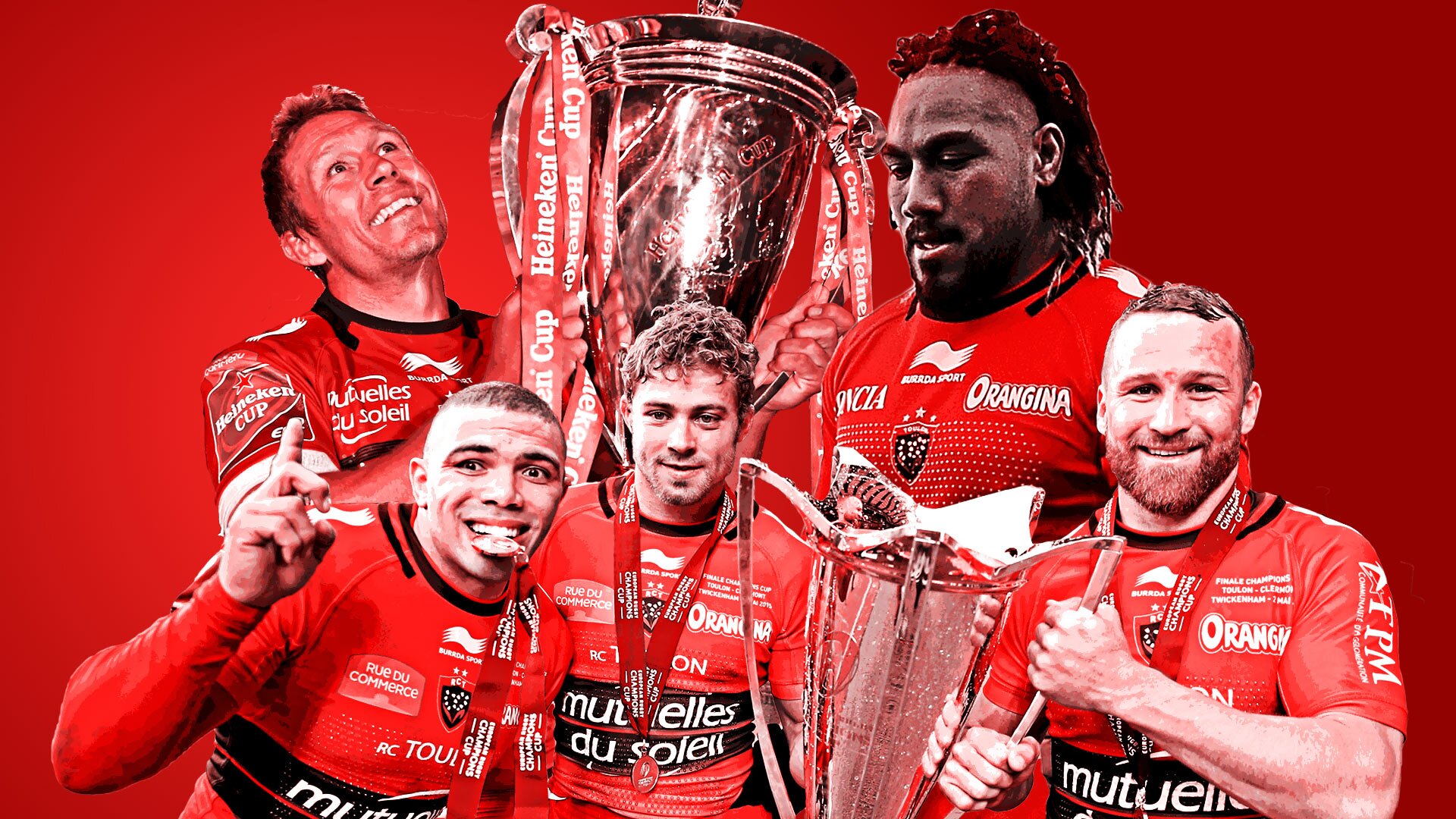The fall of the Galáticos– Toulon’s crumbling empire

The bottom side in the Gallagher Premiership, the Newcastle Falcons, handed French superpower Toulon a historic, and rare loss at the Stade Mayol in the opening round of the Heineken Champions Cup.
The three-time champions of Europe conceded just their second home loss to an English side in the competition, in what the commentators offered as the ‘lowest moment in Heineken Cup history’ for the French club.
As much as the upset left the home side stunned, Toulon’s league form in the Top 14 suggested this was possible with just two wins from their opening seven games, currently 12th on the ladder.
A high-risk recruitment strategy and head-coaching roundabout have sent the club on a downward spiral. The looming forces of the French Rugby Federation also conspire to topple Toulon’s power – what worked in the past will no longer work in the future.
“French rugby is living beyond its means,” Stade Francais president Thomas Savare lamented last year after a failed merger attempt with Racing, “Everyone has to realise it. We’re on an intravenous drip.”
Perhaps Toulon was the epitome of that, but their rise to dominance needs to be appreciated, for all the controversy they were a modern marvel – a super team built with a collection of the world’s best international talent, with enough years left in the tank to band together and achieve greatness.
It was a vision brought into existence by an eccentric owner who piled resources, mainly cash, into the club, taking it from division two to the top of Europe. If money can’t buy success, then how did Toulon win three-straight European titles and one Top 14 title? It was the closest thing to a free-market, open-borders rugby team. And it was glorious and full of excess.
Just three French nationals started in the first two Champions Cup finals, with four starting in the third.
High-priced internationals Jonny Wilkinson, Bakkies Botha, Delon Armitage, Matt Giteau, Carl Hayman, Bryan Habana, Chris Masoe, Juan Smith, Drew Mitchell, Ali Williams, Juan Martin Hernandez, and Juan Martin Fernandez Lobbe were the backbone of this champion team, with French captain Mathieu Bastareud the only real French staple.
This world-class collection of talent presented a risk in itself – with so much relying on short-term rentals, you needed to replace 12 or 13 oranges at once when the last bit of juice was squeezed. And not only did you need many oranges, you needed the best grown Valencia’s known in the world. They just don’t grow on trees everywhere.
They managed to replace Wilkinson after European title number two with Matt Giteau and keep the music playing, winning a third in 2015. With the conclusion of the 2015 World Cup, a host of top talent would embark overseas and Toulon needed to haul most of it to secure their future.
James O’Connor came and went, as did a brief flirtation with Quade Cooper. They secured world-class players Ma’a Nonu and Duane Vermeulen but slowly the net outflow of talent crept in.
Racing 92 secured the big-ticket signature of Dan Carter, which proved pivotal. Racing beat Toulon in the Top 14 final in 2016 and ended Toulon’s bid for four-straight European titles by knocking them out in the quarterfinals.
Toulon were still great but missed on a few signings which would keep them from maintaining dominance. The 2017 season would see another return to the Top 14 final, going down 22-16 to Clermont but another quarterfinal Champions Cup exit ensued.
The musical chairs continued last season like the last rally before the crash, when the additions of league convert Semi Radradra and Chris Ashton kept the team firing. With Ma’a Nonu, Malakai Fekitoa and JP Pieterson, the team had enough raw talent to compensate for the losses of Bryan Habana, Matt Giteau, Drew Mitchell and James O’Connor.
But this season the music has stopped – and the fall has been sudden and immense, much like the debt-fuelled housing boom and crash, Toulon has hit the wall and crashed.
The departures of Nonu, Radradra, Ashton, Habana, Vermeulen, Chilichava and Fernandez Lobbe have come all too soon and the house of cards has fallen over. The net outflow of superstars has left the glamour club a shell of its former self. This might be rugby’s equivalent of the Roman empire – a once great ruler that will never regain its power.
Reports in January surfaced that FRF president Bernard Laporte is proposing rule changes to further limit overseas players competing in France in a league-wide crackdown, but has to wait 18 months to enforce rule changes.
Further limitations have already been put in place – the JIFF-rules were already strengthened in 2016 – enforcing teams to make a larger percentage of these selections in matchday squads and closing loopholes for teams to bring in overseas youth players.
With stronger regulations soon to be a reality, a spending spree post-2019 World Cup may not be possible. The age of excess is certainly on the way out, and Toulon will have to rebuild from the ground up to ever reach the same heights again.
But just like Rome – it may never happen again.
































































